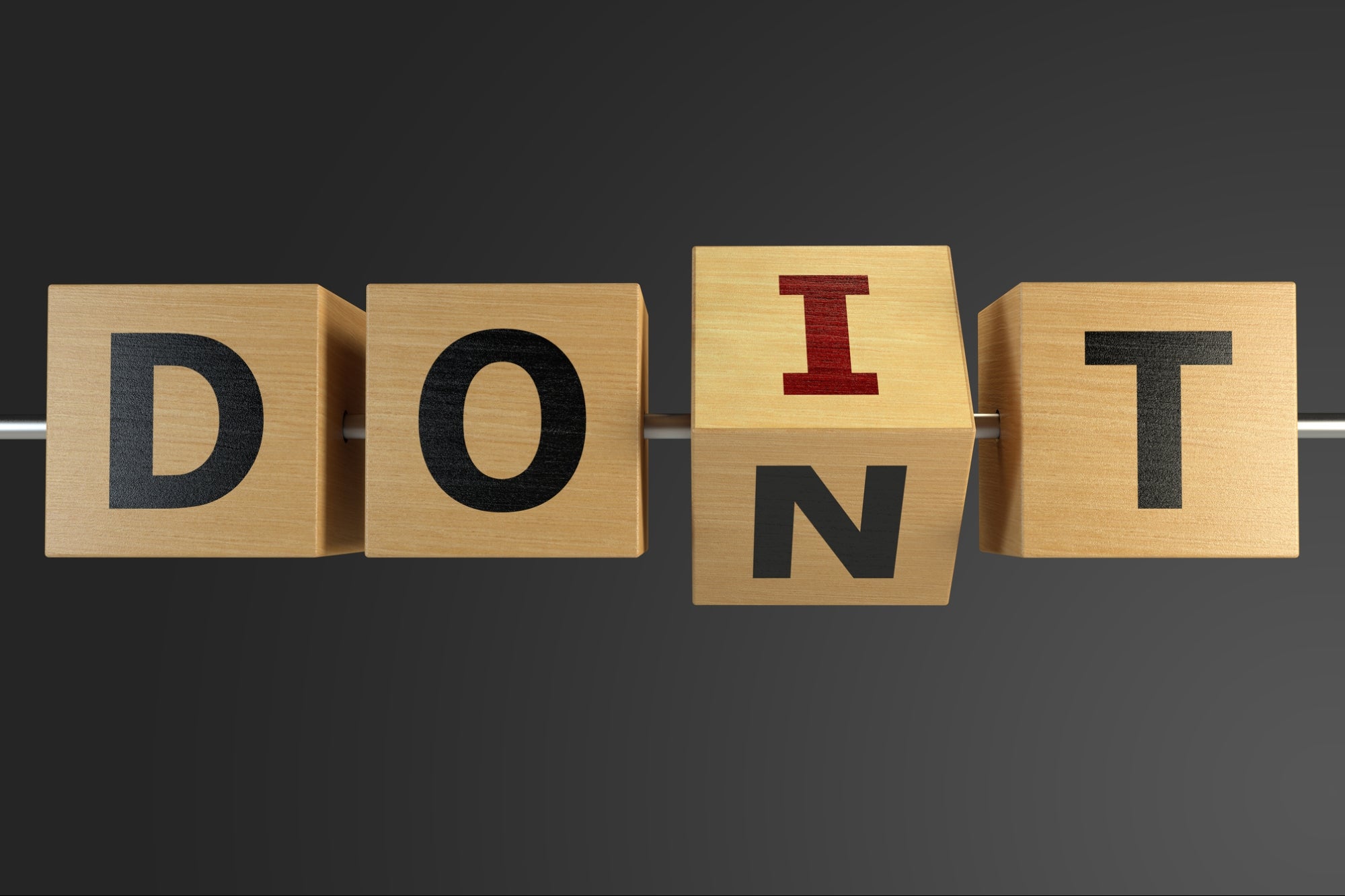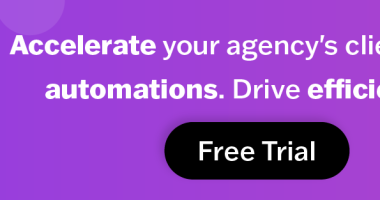
Words do more than convey information — they can also motivate and inspire people.
Jonah Berger, a professor at the Wharton School at the University of Pennsylvania, studies how language can change people’s minds, engage customers, and persuade them to do things you’d like them to do. He sort of like a Word Detective.
Berger has written a bestselling book on the topic called Magic Words: What to Say To Get Your Way. In the book, he argues that six types of words can increase your impact in every area of life.
“Regular words that have immense power,” he says in an interview on the Write About Now Podcast. “If we understand how to use them, we can harness their magic.”
Berger offers one tiny bit of linguistic jiu-jitsu that seems too simple to be true. But he argues its impact can be enormous. He calls it “turning actions into identities.” Here’s how it works.
Related: Nine Principles You Should Use To Increase Your Powers of Influence and Persuasion
The language of identity and agency
We all want to see ourselves as intelligent, competent, and knowledgeable. The more a certain action becomes an opportunity to claim these desired identities, the more likely we will do it.
Berger uses an example from a Stanford University study done at a preschool in the 1960s. Language researchers asked five-year-olds to help clean up a classroom. Some of the kids were asked, “Can you help clean?” Other kids were asked, “Can you be a helper and clean up?”
The results? Adding an er to the word help led to a 30% increase in the likelihood of these kids saying yes. The kids didn’t really want to help clean up their crayons, but they were more than happy to be “helpers.”
Grownups aren’t much different. Berger points to subsequent studies about voting. Some people were asked, “Hey, will you go vote?” And other people were asked, “Hey, will you be a voter?” Switching from vote to voter made people 15% more likely to vote.
What is going on here? Why does adding one letter to a word change its power? Berger says it all has to do with the difference between nouns and verbs.
“Category labels often imply a degree of permanence and stability,” he says. “Rather than noting what someone did or does, feels or felt, category labels hint at a deeper essence: Who someone is.”
In other words, we’d rather be nouns than verbs.
YouTube doesn’t refer to its users as people who create videos. They call them “creators.” Instagram doesn’t refer to its top users as people who influence others. They call them “influencers.”
We even use this technique in referring to ourselves. Would you rather be a person who owns a small business or a small business owner?
“By turning actions to identities, we not only encourage other people to do things, but we shape our own behavior,” Berger says. “We often describe ourselves as hardworking or innovative. But describing oneself as a hard worker or an innovator on a resume should lead to more favorable impressions.”
Undesirable identities
Interestingly, the same technique can also be used to discourage certain behavior. People would rather be described as having lost something than be a loser or having been caught cheating than be a cheater, for example.
In fact, “research finds that when cheating would make you a cheater, students are less likely to cheat on a test because they don’t wanna claim that undesirable identity,” Berger says.
He points to an old advertising campaign targeted at people who litter. Rather than say, “Don’t litter,” the commercial urged, “Don’t be a litterbug.” The campaign was effective because people did not want to be associated with an undesirable identity.
We all want to see ourselves in a positive light. By framing people’s behavior in a way they want to be known, you’re more likely to get them to do what you want.
“Want people to listen? Ask them to be a listener. Want them to lead? Ask them to be a leader. Want them to work harder. Encourage them to be a top performer,” says Berger.
To learn more about the secret power of magic words, listen to the entire podcast interview with Jonah Berger.
This article is from Entrepreneur.com









